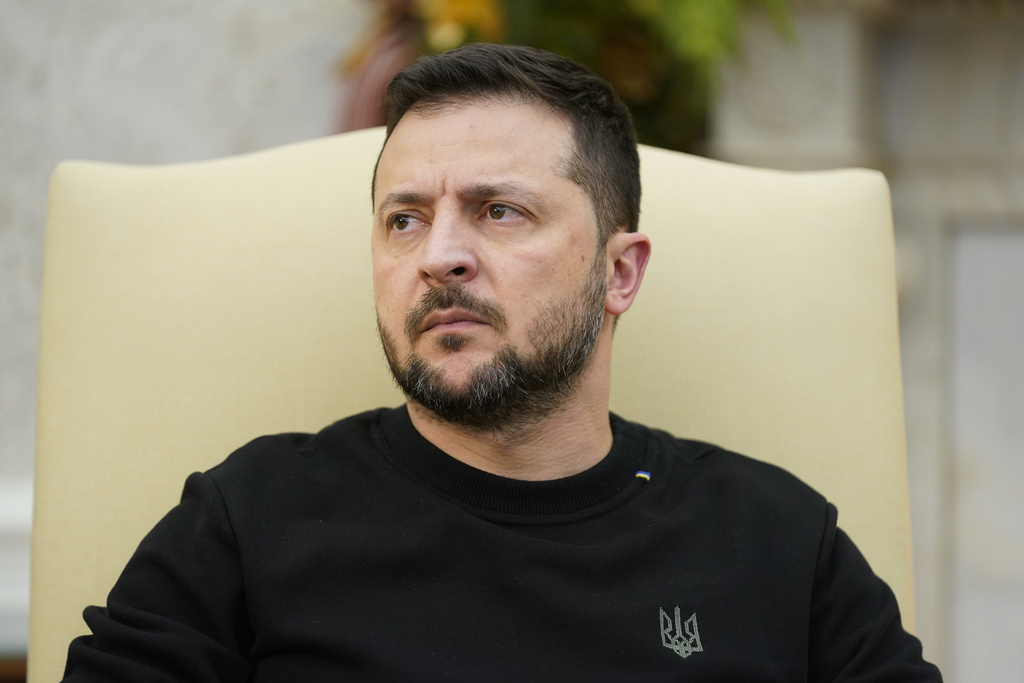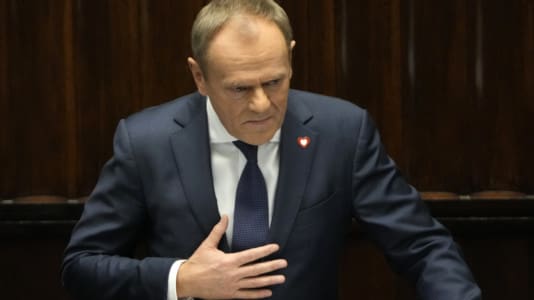Up to 17 percent of the European Union’s common budget would flow directly to Ukraine if Ukraine were to become a member of the EU, according to a report published by the German Economic Institute on Monday, Dec. 11.
The astounding budget figure comes at a time when the EU is exerting pressure on Hungary to allow the EU to begin the ascension process for Ukraine.
Under the EU’s current seven-year budget, this 17 percent would amount to €190 billion: around €70-90 billion from the Common Agricultural Policy (CAP) and a further €50-70 billion from cohesion funds to support Ukraine’s ailing economy.
The authors of the report write that if Ukraine joins the EU in the next few years, it will have a number of “consequences.”
“Last but not least, such accession will have an impact on the EU budget. As a populous, not very wealthy and agricultural country, it is foreseeable that Ukraine would be entitled to extensive financial resources from the EU budget. Despite the great uncertainty that currently still exists regarding Ukraine’s accession, for example with regard to the exact formal design or the timescale, a quantitative assessment of the costs is important for the further debate,” according to the study.
The study finds that the costs could range from €130-190 billion euros, “depending on which assumptions are made about the arable land area and population for Ukraine.”
This means that almost all other EU member states would become net contributors, and Ukraine would become the main net beneficiary of the EU.
The question is, of course, as the report points out, what kind of Ukraine would join the EU: How big would its territory be and how many people would live there following a possible peace agreement with Russia?
However, any figures also need to factor in that the EU and its member states have already sent close to €100 billion to Ukraine, and that figure is constantly growing.
Hungarian Prime Minister Viktor Orbán has noted that Ukraine is a country at war, and therefore, its membership in NATO and the EU would present an existential threat to Europe. Even after the end of the war, Ukraine’s membership is fraught with pitfalls, according to Orbán.
“I have proposed, and I am proposing, that negotiations on Ukraine’s membership of the European Union should not begin,” said Orbán. “We cannot even get it to start because Hungary would not agree to it. So, let’s not put it on the agenda. Let us put it on the agenda when we have discussed it in advance and have been able to reach an agreement. It is therefore a mistake for the Commission to insist that we, the prime ministers, put this matter on the table. This is a premature proposal.”
In addition, Orbán said that “Ukraine’s EU membership and the opening of accession negotiations do not coincide with Hungary’s national interests.”
Orbán has instead proposed a “strategic partnership agreement” that would last five to ten years instead of direct membership.






